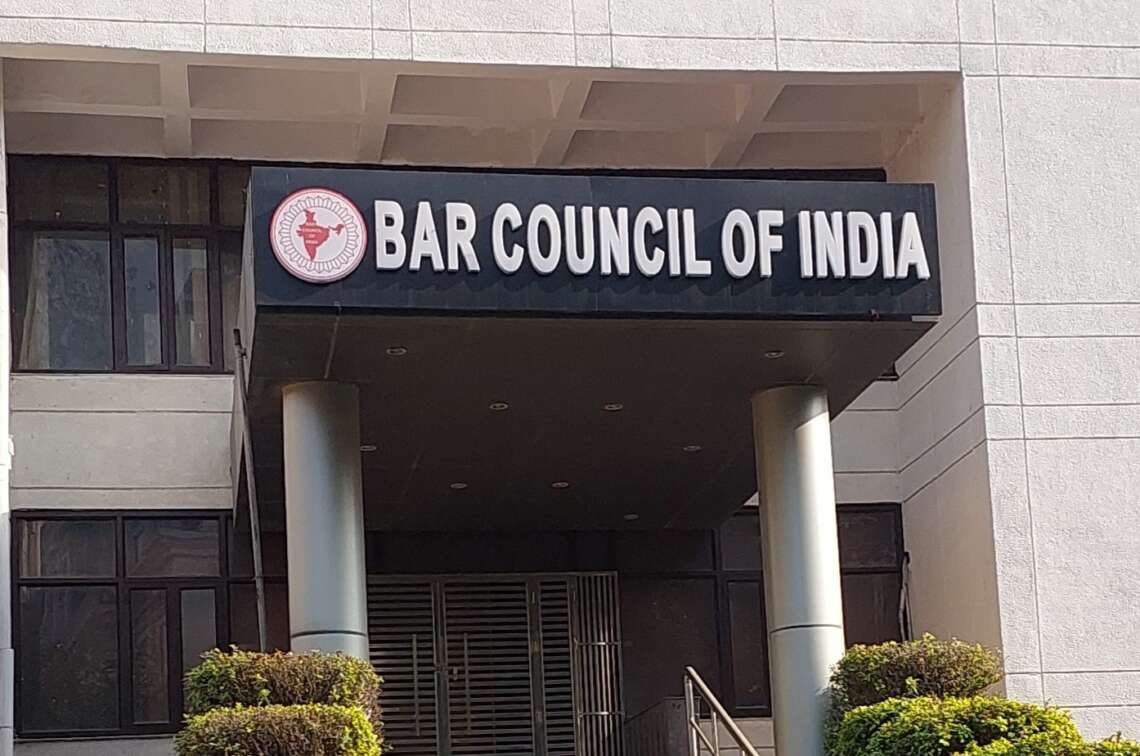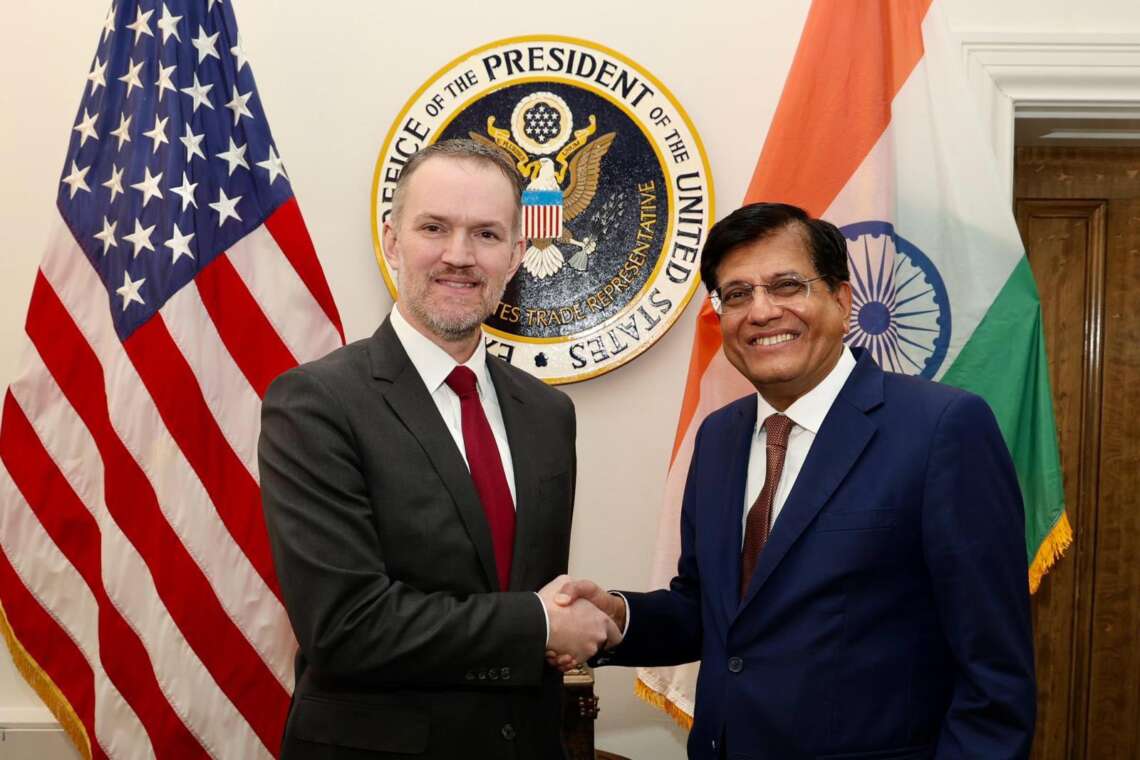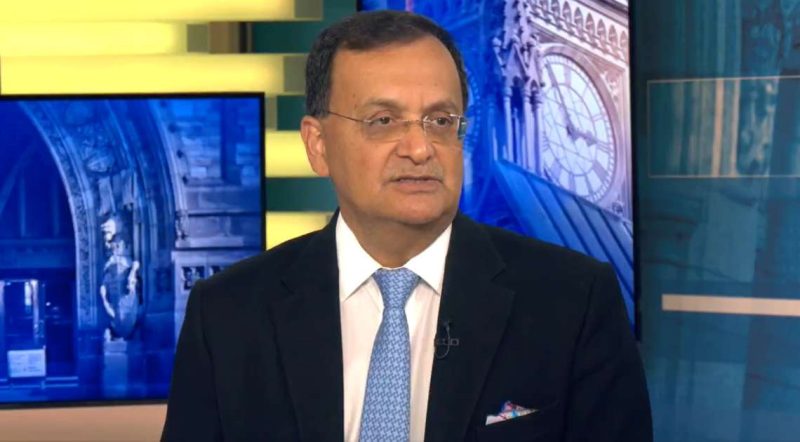The Bar Council of India (BCI) has officially amended its regulations to allow foreign lawyers and law firms to practise foreign law in India under a carefully structured framework.
In a significant step towards enhancing India’s position in global legal services and international dispute resolution, the Bar Council of India (BCI) has officially amended its regulations to allow foreign lawyers and law firms to practise foreign law in India under a carefully structured framework. The revised rules, notified this week, aim to promote India as an international arbitration hub while maintaining the primacy of Indian legal professionals over domestic law.
According to a press statement issued on Wednesday, the BCI clarified that the move is intended to strike a strategic balance — encouraging legal globalisation in non-litigious sectors while preserving the exclusive domain of Indian lawyers in Indian law and courtroom litigation.
The core of the amendment lies in granting permission to foreign lawyers to participate in international commercial arbitration proceedings held in India, but only if these involve foreign or international legal issues. This carve-out, according to the BCI, is designed to boost India’s credentials as a desirable venue for global arbitration while creating structured opportunities for cross-border legal cooperation.
“These revised regulations are strategically designed to allow foreign legal professionals to practise foreign and international law in India, strictly within the confines of non-litigious matters,” said the BCI, adding that this would be under a defined regulatory structure that protects the rights and interests of Indian lawyers.
The amended rules are modifications to the Bar Council of India Rules for Registration and Regulation of Foreign Lawyers and Foreign Law Firms in India, originally published on March 10, 2023. With the latest changes, the BCI has reinforced restrictions on foreign lawyers, ensuring they are expressly barred from engaging in litigation, appearing before courts or tribunals, or practising Indian law in any capacity.
“The practice of Indian law remains the exclusive privilege of Indian advocates registered under the Advocates Act, 1961,” the Council reiterated. This clause, according to legal observers, is pivotal in safeguarding the livelihoods of Indian legal professionals and preventing any dilution of domestic legal practice.
To further ensure governmental oversight, foreign law firms and lawyers must now obtain a No Objection Certificate (NOC) from both the Ministry of Law and Justice and the Ministry of External Affairs before they can be registered by the BCI to operate within India. This additional layer of scrutiny ensures that the entry of foreign legal entities into India occurs in a regulated and reciprocal manner, aligning with national interest.
Importantly, the amendments only permit foreign lawyers to advise clients on international law, their home jurisdiction’s laws, and handle arbitration proceedings that do not require knowledge or application of Indian legal principles. This would typically involve cross-border commercial contracts, multinational joint ventures, or international business disputes where Indian law is not central to the case.
The BCI stressed that its goal is not to liberalise the legal sector unconditionally but to create an ecosystem where Indian lawyers are given new avenues to develop expertise in international legal matters, while the foundational fabric of Indian legal sovereignty remains intact.
“This is about promoting India as a global legal and arbitration destination — not about undermining the legal profession at home,” a BCI official stated. “We are creating pathways for international collaboration, but without compromising the core jurisdiction of Indian advocates.”
The Council has also framed these regulations with reciprocity in mind. In other words, only those foreign lawyers whose countries allow Indian lawyers similar access will be eligible under the amended framework. This provision is expected to ensure fair exchange and uphold the dignity of Indian legal practitioners on the global stage.
Legal experts have welcomed the amendments as a progressive yet protective step. While some voices within the bar have expressed concerns about creeping liberalisation, the broader sentiment is that the regulatory model appears robust enough to prevent any immediate displacement of Indian professionals.
“The demarcation is clear: Indian courts, Indian law, and Indian litigation remain strictly for Indian lawyers,” said a senior advocate practising in the Supreme Court. “But where global arbitration and foreign laws are concerned, India is now signalling that it is open for business — on its own terms.”
As cross-border trade and investment grow, legal systems must adapt to handle the complexities of multinational contracts and disputes. With this move, India seeks to modernise its legal landscape in tune with international developments while keeping national interests front and centre.














